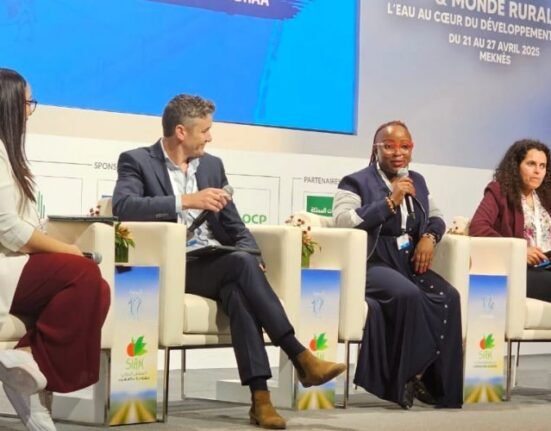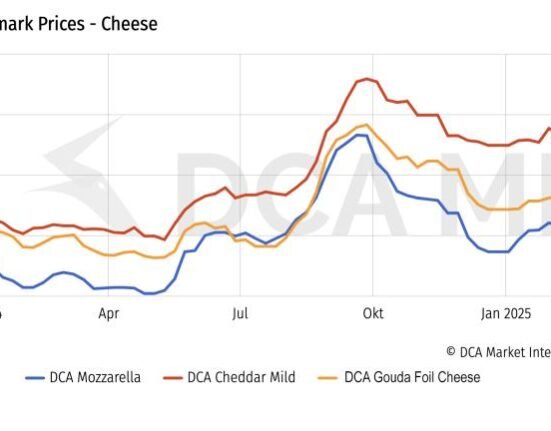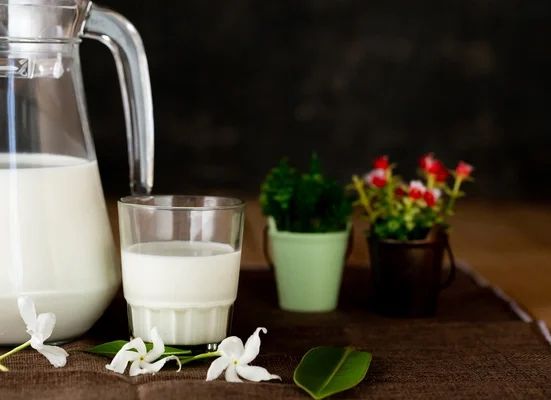Tamale, Ghana â Sept 23, 2025
In a move to boost sustainable livestock production and resilience against climate change, 32 animal production and agricultural extension officers from Ghanaâs Savannah Region have completed a week-long training on Good Animal Husbandry Practices (GAHP), climate mitigation, and digital extension tools.
The training, held in Tamale, is part of the European Union (EU) Food Security Response in Northern Ghana, a 3-year initiative (Aug 2023âJuly 2026) led by the Food and Agriculture Organisation (FAO) in partnership with Ghanaâs Ministry of Food and Agriculture and civil society groups.
Participants, drawn from Sawla-Tuna-Kalba, Central Gonja, North Gonja, and North East Gonja districts, were trained to become master trainers. They will now cascade the knowledge to livestock farmers on:
- Animal housing for ruminants, poultry, and pigs
- Breed selection and productivity
- Dry-season feed formulation
- Pest and disease control
- Farm record keeping
- Climate change mitigation in animal production
âWe will deliver to bring lasting results to our communities,â said Mr. Seidu Sulemana, Savannah Regional Director of Agriculture. He emphasized that livestock farming is profitable and the training would strengthen outcomes under the Feed Ghana Programme.
The program also introduces innovative digital tools to improve farmer access to agricultural extension services â including mobile-based advisory systems and real-time information dissemination platforms.
Participant Reflections
- Ms Nafisa Tabari, Animal Health Officer, praised the feed formulation component, noting its value in preparing livestock for the dry season.
- Mr M. M. R. Yusuf, Veterinary Officer from Sawla-Tuna-Kalba, stated that the session on disease prevention and vaccination would directly improve animal health outcomes.
đ Relevance to the Indian Dairy Industry
While the program is based in Ghana, it holds key takeaways for Indiaâs rural dairy development initiatives:
- Climate-smart livestock training is crucial for regions such as Rajasthan, Bundelkhand, and Marathwada, where climate stress significantly impacts productivity.
- Step-down training models could enhance the reach of schemes like the National Dairy Plan and Rashtriya Gokul Mission.
- International development partnerships (like the EU and FAO) offer models for Indo-Africa collaboration in dairy sustainability and extension services.
âPrograms like this reflect how cross-border cooperation and localized training can build livestock resilience against climate stress â a lesson highly relevant to Indiaâs climate-vulnerable dairy belts,â says Dr. Ashwin Prasad, Dairy Development Specialist.







